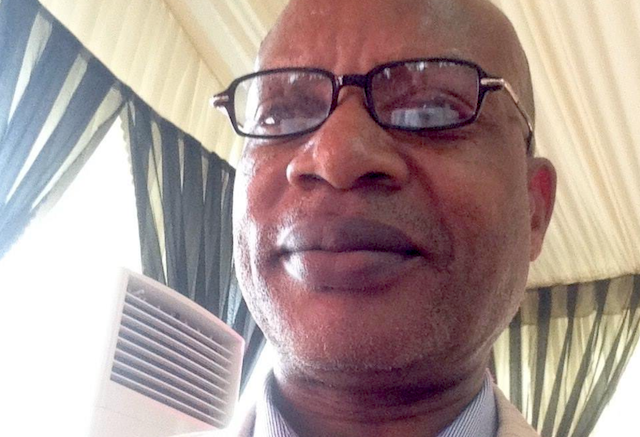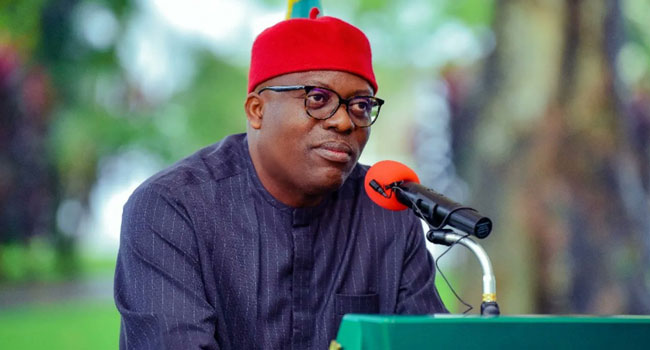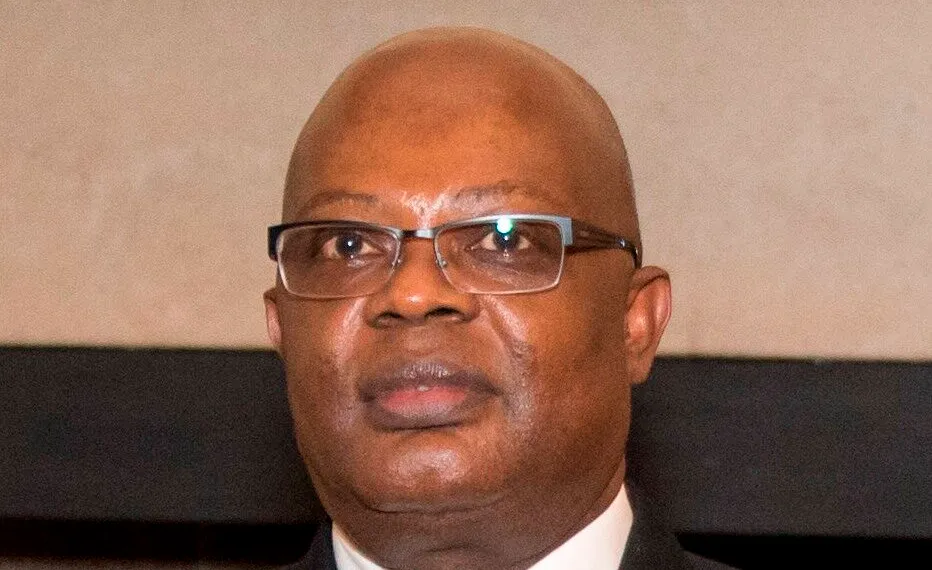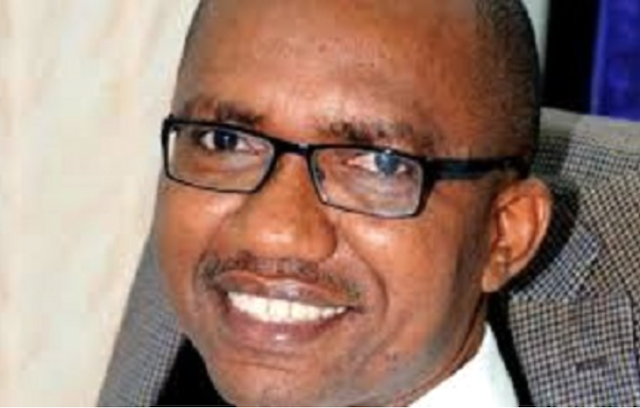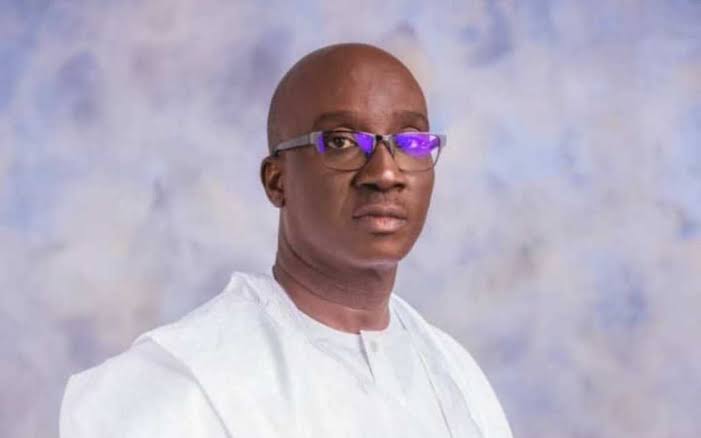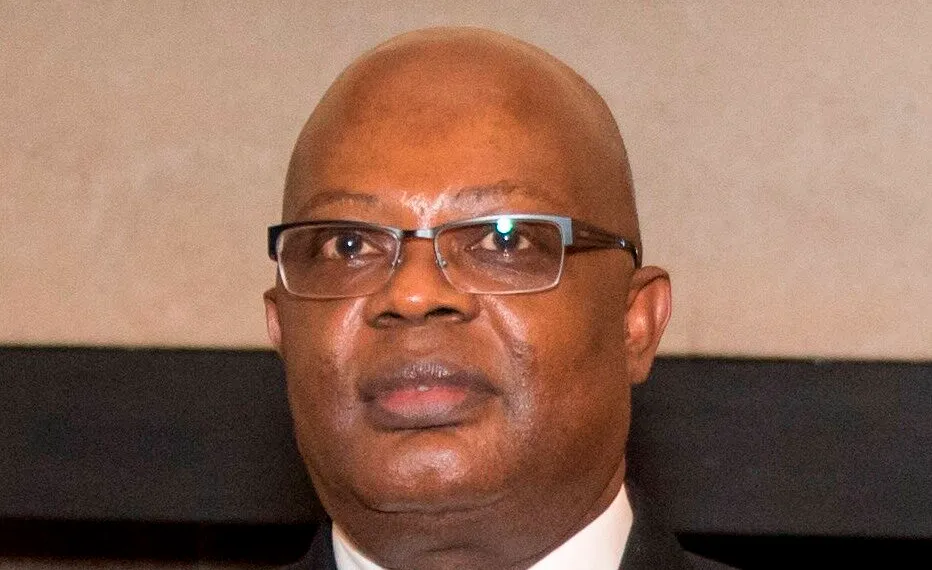Whether they expected it or not, members of an amorphous coalition of opposition politicians, with the declared aim of removing the ruling All Progressives Congress (APC) and President Bola Tinubu from power in the 2027 General Election, met the first disappointment in their chosen path on Thursday, March 30, 2025.
Led by former Vice President and twice presidential candidate of the Peoples Democratic Party (PDP), Alhaji Atiku Abubakar, the group had called on the National Assembly (NASS) to vote against Tinubu’s Proclamation of a State of Emergency in Rivers State, and suspension of elected officials therefrom.
Besides, the coalition urged the Judiciary to swiftly strike down the Tinubu pronouncement, as “it sets a dangerous precedent that could be used to arbitrarily remove any governor in the future,” and urged all Nigerians, civil society organisations and political groups to reject the move.
At the coalition’s press conference in Abuja, Atiku, flanked by former Kaduna State Governor Nasir el-Rufai; the spokesperson of the Labour Party (LP), Yunusa Tanko; and an ex-Deputy Speaker of the House of Representatives, Emeka Ihedioha, described Tinubu’s actions as “illegal and a violation of the amended 1999 Constitution of Nigeria.”
Accusing Tinubu of failing to “follow due process,” and misusing Section 305 of the Constitution “to declare a state of emergency,” Atiku said: “Section 305 of the Constitution allows the President to declare a State of Emergency only in extreme cases, where public safety, national security, or Nigeria’s sovereignty is at serious risk. However, it does not grant him the power to suspend elected officials or to demolish democratic structures, as he has brazenly done.
“This action is not only unlawful, but also a clear subversion of democracy and imposition of autocratic federal control over a duly-elected state government. We strongly condemn this development and call on all Nigerians of good conscience to resist this brazen assault on the Constitution of our country and the institutions of our democracy.
“Even if an emergency declaration were valid (which it is not), it would still require a two-thirds majority approval of all members of the National Assembly – that is, at least, 72 Senators and 240 Members of the House of Representatives. If this approval is not secured, the proclamation must automatically cease to have effect.”
But the coalition got a shocker from both chambers of the National Assembly on March 20, which gave an overwhelming approval to the emergency rule in Rivers State.
As the Senate confirmed its decision via a voice vote with no figures disclosed; and the House of Representatives, which also had a voice vote, revealed that 243 of its 360 Members signed the register, the Atiku coalition missed the point: That the Constitution “does not give the President the power to suspend a Governor and Members of a State House of Assembly.”
In interpreting the Constitution and Laws derievable from the GRUNDNORM, what’s not expressly provided is subject to discretional authority, which President Tinubu exercised in the suspension of Governor Siminalayi Fubara, Deputy Governor Ngozi Odu, and Members of the Rivers Assembly for six months.
Let’s bring the argument home. Why did the Supreme Court give judgment to Chibuike Rotimi Amaechi, who was in self-exile in Ghana, and didn’t campaign nor win the Rivers governorship poll in 2007? It’s to cure then-President Olusegun Obasanjo’s interference in the PDP primary results with extraordinary measures, such as President Tinubu deployed to halt the danger facing Rivers, Niger Delta and the entire country.
In the unprecedented judgment, the Supreme Court said that votes are cast for the Party and not its candidate, who directly benefits from the electoral commission declaration in the end. Hence, the apex court ruled that Amaechi, having won the PDP primary, the votes won by Celestine Omehia at the poll belonged to him.
Also in 2010, the National Assembly introduced the “DOCTRINE OF NECESSITY,” which’s not provided for in the Constitution, to upgrade then-Vice President Goodluck Jonathan to the post of President, as then-ailing President Umaru Yar’Adua, who died in 2010, didn’t hand over power to Jonathan, as Acting President, before his medical trip abroad.
Had Fubara secured two-thirds majority of members of the Rivers Assembly – in line with the provisions in subsections (4), (5) and (6) of Section 305 of the Constitution – and called on the President to proclam a State of Emergency on Rivers State due to threats by militants to blow up oil pipelines if Fubara was impeached; the governor could’ve saved his position, that of the Deputy Governor, and Members of the Rivers Assembly.
Section 305, subsections (4), (5) and (6) of the 1999 Constitution, states as follows:
“(4) The Governor of a State may, with the sanction of a resolution supported by two-thirds majority of the House of Assembly, request the President to issue a Proclamation of a state of emergency in the State when there is in existence within the State any of the situations specified in subsection (3) (c), (d) and (e) of this section and such situation does not extend beyond the boundaries of the State.
“(5) The President shall not issue a Proclamation of a state of emergency in any case to which the provisions of subsection (4) of this section apply unless the Governor of the State fails within a reasonable time to make a request to the President to issue such Proclamation.
“(6) A Proclamation issued by the President under this section shall cease to have effect – (a) if it is revoked by the President by instrument published in the Official Gazette of the Government of the Federation;
(b) if it affects the Federation or any part thereof and within two days when the National Assembly is in session, or within ten days when the National Assembly is not in session, after its publication, there is no resolution supported by two-thirds majority of all the members of each House of the National Assembly approving the Proclamation;
(c) after a period of six months has elapsed since it has been in force: Provided that the National Assembly may, before the expiration of the period of six months aforesaid, extend the period for the Proclamation of the state of emergency to remain in force from time to time for a further period of six months by resolution passed in like manner; or
(d) at any time after the approval referred to in paragraph (b) or the extension referred to in paragraph (c) of this subsection, when each House of the National Assembly revokes the Proclamation by a simple majority of all the members of each House.”
Governor Fubara didn’t heed the provisions of Section 305(4) and (5) of the Constitution when the militants began to blow up oil pipelines. Instead, Fubara, facing an impeachment threat, became the Instigator-in-Chief and enabler of the militants’ destruction of oil pipelines in Rivers State, which could’ve spread to other States in the Niger Delta had President Tinubu not stepped in with the emergency rule in Rivers.
Fubara reportedly told the agitating militants, “Boys, I’ll soon give you signal when you will start action, just be on standby, I’m not scared of anybody.” This is from a governor – who’s the Chief Security Officer of Rivers – wanting to destroy the state that he governs!
And it seems Fubara did give that “signal” when the Rivers Assembly served him with an Impeachment Notice. The militants started by blowing up pipelines that carry crude oil for export, causing huge infernos that add to the devastation and pollution of the Niger Delta.
In the circumstances, what did the opposition coalition want President Tinubu to do? Fold his arms, and hail Fubara and the militants for a job well done? That would’ve been a novel failure, and ABDICATION OF RESPONSIBILITY, as the Commander-in-Chief of the Armed Forces of Nigeria.
Proclaiming the State of Emergency in Rivers, Tinubu referenced a recent Supreme Court judgment that declared as “non-existent” governance in Rivers; and the militants’ bombing of oil pipelines.
President Tinubu said: “On February 28, 2025, the supreme court, in a judgment in respect of about eight consolidated appeals concerning the political crisis in Rivers State, based on several grave unconstitutional acts and disregard of rule of law that have been committed by the Governor of Rivers State, as shown by the evidence before it, pronounced in very clear terms:
“A government cannot be said to exist without one of the three arms that make up the government of a state under the 1999 Constitution, as amended. In this case, the head of the executive arm of the government has chosen to collapse the legislature, to enable him to govern without the legislature as a despot. As it is, there is no government in Rivers State.”
“With all these and many more, no good and responsible President will standby and allow the grave situation (in Rivers) to continue without taking remedial steps prescribed by the Constitution to address the situation in the state, which, no doubt, requires extraordinary measures to restore good governance, peace, order and security.
“In the circumstance, having soberly reflected on and evaluated the political situation in Rivers State, and the Governor and Deputy Governor of Rivers State having failed to make a request to me, as President, to issue this proclamation as required by section 305(5) of the 1999 Constitution, as amended, it has become inevitably compelling for me to invoke the provision of section 305 of the Constitution of the Federal Republic of Nigeria, 1999, as amended, to declare a state of emergency in Rivers State with effect from today, 18th March, 2025 and I so do.
“By this declaration, the Governor of Rivers State, Mr Siminalayi Fubara, his deputy, Mrs Ngozi Odu, and all elected members of the House of Assembly of Rivers State are hereby suspended for an initial period of six months.”
Members of the opposition coalition, who’ve railed against President Tinubu’s actions in Rivers State, should put Nigeria’s survival above their narrow, self-interests of scoring political points ahead of the 2027 General Election that’s already heating up the polity.
Nigerians genuinely need peace in Rivers State, and the entire country, with the Tinubu proclamation of emergency rule having the potential to arrest the lingering political crisis since 2023.

